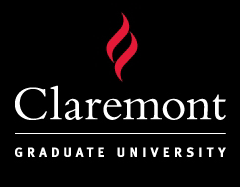Abstract
The US-China game of Renminbi (RMB)/US Dollar exchange rate has aroused increasing attention recently. From the US perspective, appreciation of RMB exchange rate could reduce the US-China trade deficit, boost the US economy and thus lower the unemployment rate (Cheng and Zhang, 2012). Therefore it is crucial for the US government to figure out whether there is an influence from US political pressure on RMB flexibility and the most effective way to accelerate the appreciation of RMB exchange rate. Aminian et al (2008) believed that US political pressure may be one of the causes for the appreciation of RMB exchange rate, while Liu and Pauwels (2012) stated that there is no significant impact from external political pressure on RMB exchange rate. Previous studies only examined the impact of one aspect of US political pressure on the RMB exchange rate. That’s why the conflict appears. This paper will fill in the gap of previous literature and resolve the conflict by investigating the impact of US political pressure from three aspects, namely, from US Congress, the US public media and from US lobbyists. This paper finds that the political pressure from Congress and the US public media alone have little impact on the RMB exchange rate in the short run, while the political pressure from US lobbyists has a positive impact on the appreciation of RMB exchange rate. By recognizing this, the US government could reinforce the lobbyist way to accelerate the appreciation of RMB exchange rate effectively.
DOI
10.5642/lux.201303.21
Recommended Citation
Zhang, Wenjie
(2013)
"The Impact of US Political Pressure on the RMB Exchange Rate,"
LUX: A Journal of Transdisciplinary Writing and Research from Claremont Graduate University:
Vol. 3:
Iss.
1, Article 21.
Available at:
https://scholarship.claremont.edu/lux/vol3/iss1/21
